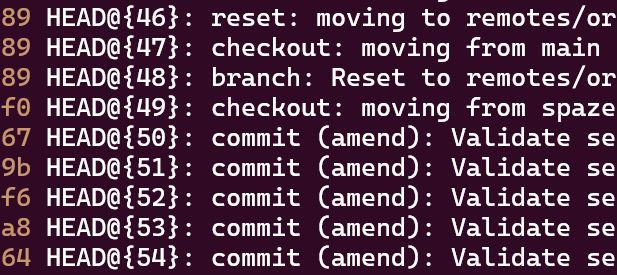
If a user signs in with a saved password , your website can request that an associated password manager (in many cases on Chrome is Google Password Manager) creates a passkey automatically.
developer.chrome.com/blog/automat...

If a user signs in with a saved password , your website can request that an associated password manager (in many cases on Chrome is Google Password Manager) creates a passkey automatically.
developer.chrome.com/blog/automat...



But if your tool uses CN for anything, e.g. to show a "name" for management purposes, check whether the tool works with CN-less certificates
But if your tool uses CN for anything, e.g. to show a "name" for management purposes, check whether the tool works with CN-less certificates


- Ultrasonic recording of a starling that can record and playback virtually any sound
- Analyzing incredible slowed-down bird songs
- Showing you how to do this (and way more) on the cheap
youtu.be/hCQCP-5g5bo

en.wikipedia.org/wiki/Id_Soft...

en.wikipedia.org/wiki/Id_Soft...





Let me explain why (thread).
cc @dangoodin.bsky.social
cybernews.com/security/bil...

Let me explain why (thread).
cc @dangoodin.bsky.social
cybernews.com/security/bil...

At WebExpo 2024, @spazef0rze.bsky.social explained how fetch metadata protects public tools like an internal email generator without needing extra logins.

At WebExpo 2024, @spazef0rze.bsky.social explained how fetch metadata protects public tools like an internal email generator without needing extra logins.


It has two parameters: known_string and user_string and I never knew which one is which, because even the known_string was a user string once 😅
The manual page was rewritten some time ago and it's now much better:

It has two parameters: known_string and user_string and I never knew which one is which, because even the known_string was a user string once 😅
The manual page was rewritten some time ago and it's now much better:

